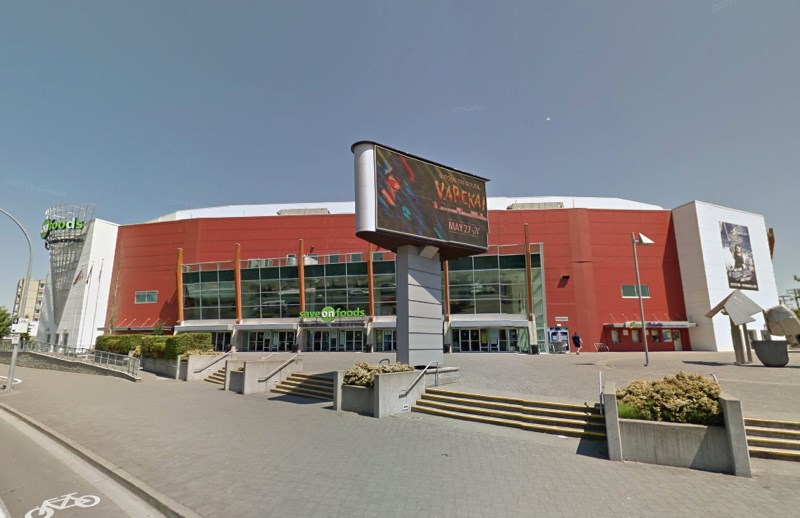‘Bots’ would be banned, resellers required to disclose face value under proposed law
Scalper bots, software that’s used to scoop up tickets for concerts and sporting events for resale at inflated prices, will be banned under a new law proposed by the B.C. government.
The Ticket Sales Act, if passed, will require resellers to disclose the face value of a ticket, added fees, terms and conditions and be clear about the fact that they are a secondary seller. Scalpers will also be prevented from selling “speculative tickets” before they have tickets in hand.
Ticket sellers would have to offer a refund if an event is cancelled, if the ticket is counterfeit or does not grant entry, if it doesn’t match its advertised description or if it’s cancelled by the primary seller because it was bought using a bot.
The rules crack down on primary ticket sellers who control resale sites and profit from putting tickets up for resale before they are available to the public at face value.
The government will not impose a price cap on resold tickets, a measure that was implemented in Manitoba.
Solicitor General Mike Farnworth said it’s difficult to enforce price caps and there’s a risk that ticket resales will move to the black market, which is even harder to control.
“The new Ticket Sales Act will help create a level playing field by prohibiting bots and improving transparency for consumers trying to buy tickets,” he said.
Tickets are largely sold online now, he noted — gone are the days when fans lined up in person to get coveted tickets.
The proposed law would regulate how tickets to live events are bought and sold in B.C., an area previously regulated only by general consumer protection laws.
Consumers or ticket-selling businesses will be able to sue if they’ve suffered losses as a result of actions that violate the proposed legislation.
Nick Blasko, a Victoria artist manager and event promoter, said music lovers are frustrated that tickets for high-demand concerts are often sold out before they can buy them at face value.
“It’s not uncommon to queue up to buy a ticket — and when I say queue up, I mean load up your browser and hit refresh — only to see tickets sold out immediately and pop up on all sorts of other sites,” said Blasko, who manages artists such as Tegan and Sarah through his firm Amelia Artists and founded the Rifflandia Festival through Atomique Productions. “I think there’s a lot of confusion about what’s causing that. I do think it needs some regulation and oversight to make sure that when the tickets go on sale, people have a crack at them.”
Blasko said he suspects the event-sales industry will have to do a lot of the policing work to figure out how to deter exploitative ticket resales.
A spokesman for ticket sales company Ticketmaster Canada said: “Ticketmaster’s mission is to ensure tickets get into the hands of fans. The use of bots and spec ticketing subvert that mission and we have long had zero tolerance for both. The legislation introduced in British Columbia will improve the overall ticket-buying experience and we applaud the solicitor general and his team for their commitment to the issue.”
A company that violates the rules would face a fine of up to $100,000 and individuals could be fined up to $10,000. The courts could impose steeper fines based on the amount of profit gained through illegal sales.
The rules do not apply to citizens who buy a ticket and then post it for sale on an online site.
Public frustration with scalpers reached boiling point in 2016, when Tragically Hip fans were shut out of tickets to see Gord Downie’s farewell tour, before his death from brain cancer.



